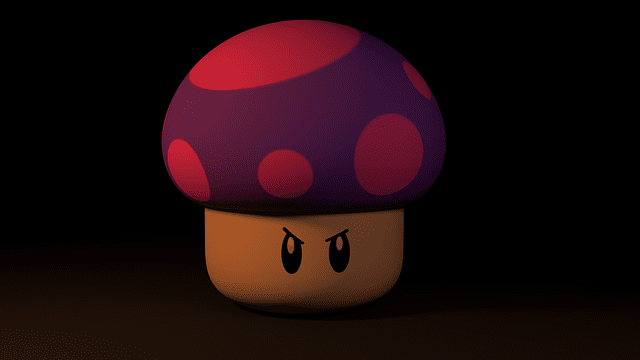Until the Wii U claimed the unwanted accolade a decade later, the GameCube was Nintendo’s biggest ever home console flop. But as failures go, the bold purple box was a glorious one.
As GameCube turns 20 in North America today, many players will have fond memories of the system that came third behind PS2 and Xbox, selling just 22 million units.
Even though its commercial performance was disappointing, It’s still the system that introduced Animal Crossing, Pikmin and Luigi’s Mansion, that perfected Smash Bros. and introduced arguably the house of Mario’s greatest traditional controller.
Its exclusive software library was the envy of nearly any other system, with genuine classics like Resident Evil 4, Metroid Prime and F-Zero GX, and even its wonderful experiments – playing Donkey Kong with plastic bongos, and 4-player Zelda using Game Boy link cables – are treasured to this day.
Satoru Iwata and Shigeru Miyamoto at E3 2001.
But as a platform, Gamecube was also Nintendo at its most frustratingly conservative. Its third-party relations were at an all-time low, online gaming was virtually non-existent and its proprietary mini discs – designed to ease internal concerns over piracy – offered a fraction of the storage DVD did (not to mention no movie playback).
But GameCube’s biggest flaw, according to one man who helped create the console hardware, was that it didn’t offer a meaningful enough differentiator from its competitors.
“In order for a console to ‘win’, you need to do everything right and then you need to have one more thing, a killer feature that nobody else has,” developer Martin Hollis told VGC. Hollis – who’s probably best known as the director of Rare’s GoldenEye 007 – spent six months at Nintendo of America in 1999, consulting on the creation of ‘Project Dolphin’, which would eventually become GameCube.
“Nintendo had suffered quite a punishing defeat with the N64. They made nice money, but they lost the majority market share, and the reason was because they didn’t have a CD drive – really it’s as simple as that,” he explained.
“So that’s something that they got right on GameCube and it was also a lovely machine to develop for. But that wasn’t enough… it didn’t have that ‘one more thing’. It didn’t have a gimmick, a secret weapon or that one sizable feature that nobody else had.
“The handle and the idea of carrying it from house to house, I think could have been great, but we just couldn’t think of a way to make that a big deal… I never really felt like we …….
Source: https://www.videogameschronicle.com/features/gamecube-at-20/
